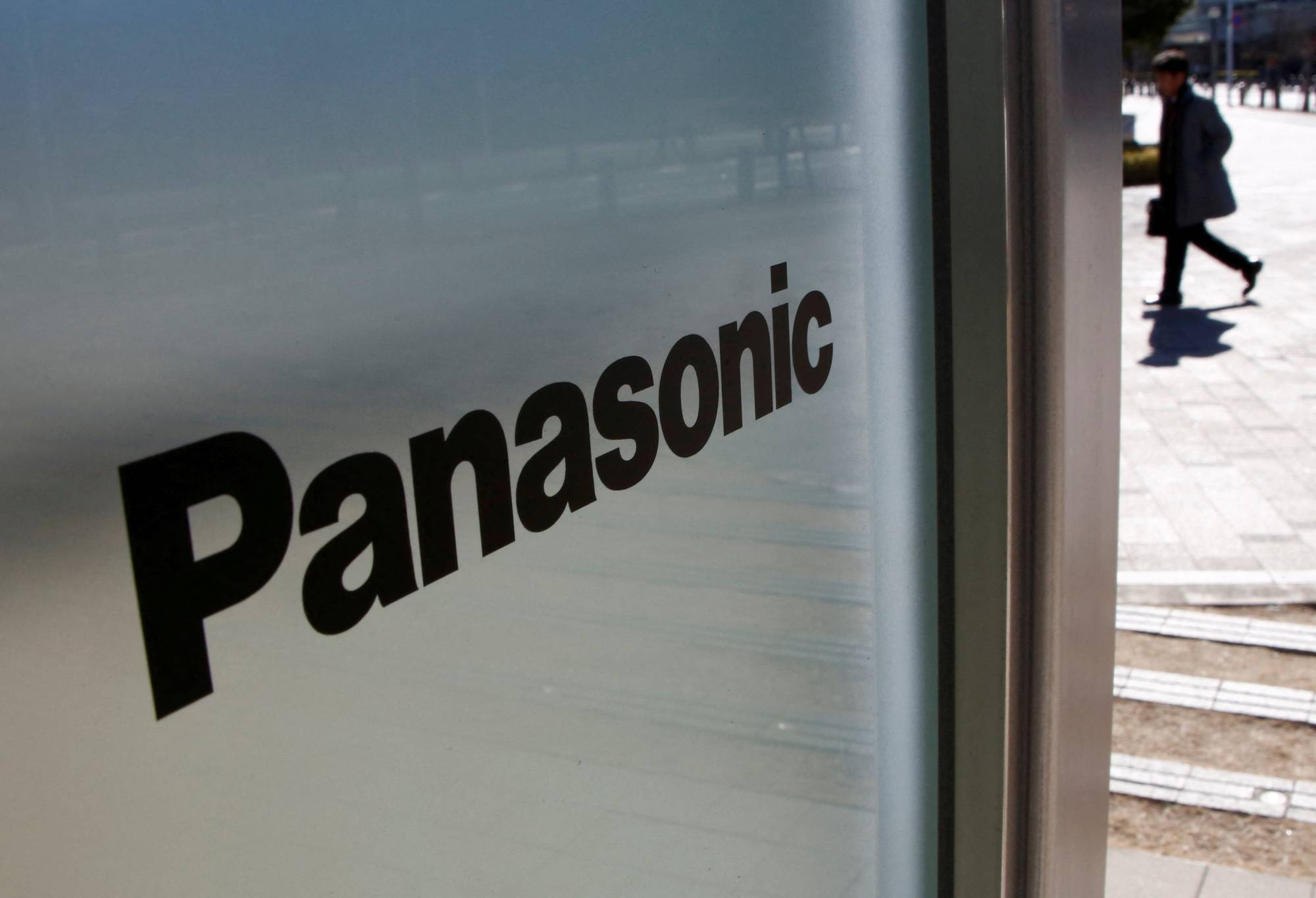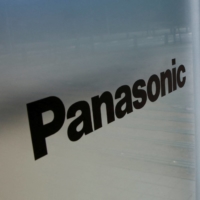Panasonic Holdings, whose energy unit supplies batteries to Tesla, reported a 39% drop in first-quarter profit Thursday as demand for its home appliances and car batteries slowed, following a pandemic-fueled surge last year.
The group's operating profit for the three months to June 30 was ¥63.7 billion ($470.77 million), missing an estimated mean of ¥73.3 billion from nine analysts, according to Refinitiv.
Manufacturers including Panasonic are dealing with a sharp rise in raw material costs that they have not been able to fully pass on to consumers, who have tightened their spending in the face of surging inflation and growing fears of recession.
Panasonic had performed exceptionally well in the year-earlier quarter, when operating profit skyrocketed to more than 27 times previous levels.
In May, the company warned of flat operating profits this business year, hurt by component shortages due to COVID-19 lockdowns in China and costs that have surged following Russia's invasion of Ukraine.
Despite the weaker quarterly result, Panasonic stuck Thursday to its full-year operating forecast of ¥360 billion for the year to March 31.
Earlier this month, the conglomerate's energy unit, Panasonic Energy, said it had picked Kansas as the site for a new battery plant that will primarily supply batteries to Tesla, adding to a line of investments from Asian EV battery makers in the United States.
The unit is working to supply Tesla with a larger battery known as the 4680 model, starting with production in Japan in its next fiscal year.
By 2029, Panasonic plans to expand battery production to three to four times current capacity, with most of the increase to be located in North America.



















With your current subscription plan you can comment on stories. However, before writing your first comment, please create a display name in the Profile section of your subscriber account page.